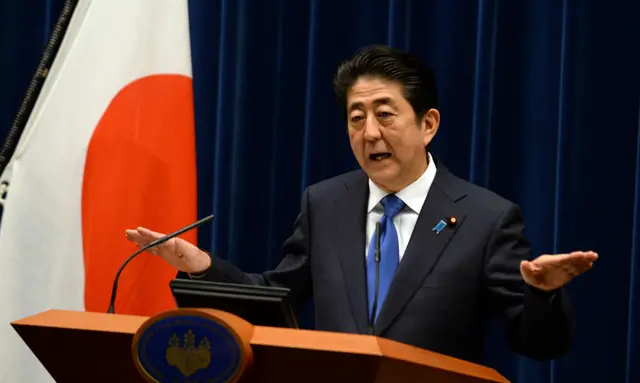Egypt's first freely-elected president Mohamed Morsi, who was removed by the military in 2013, has been sentenced to death over jailbreak during the 2011 uprising.
Few hours after an Egyptian court handed down its verdict against Morsi, three judges were shot dead by militants in the North Sinai city of El Arish. Also, a policeman was killed by gunmen near Cairo.
The attacks were alleged to be carried out by Islamists in retaliation for the mass death sentences against the ousted Islamist president and top leaders of his group, the Muslim Brotherhood.
While some experts see the death penalties will not lead to an escalation of violence in the country, some others believe that individual murdering acts will take place to exercise pressure on authorities to reach a political reconciliation.
"I don't expect dramatic or violent changes in Egypt based on the death verdict," Ahmed Ban, political expert with Cairo-based Nile Center for Political and Religious Studies, told Xinhua.
The death verdicts against Morsi and his aides are not the first against Islamist prominent figures, Ban, dissident of Muslim Brotherhood, said.
The Muslim Brotherhood's supreme guide, his deputy and hundreds of pro-Morsi protesters were handed similar sentences on charges of murder and violence, he explained.
"I don't predict huge protests that could change the scene," he added.
However, he did not rule out calls for demonstrations, and statements by the National Alliance of Supporting Legitimacy, a pro-Morsi bloc, just for media consumption and pressure on authorities.
Disagreeing with Ban, Yousry al-Azabawi, political expert with state-run Ahram Center for Political Studies, said the verdict will lead to a wave of violence if confirmed.
The ruling, like all capital sentences, was referred to Egypt's top religious authority, the Grand Mufti, whose opinion has a kind of formality and is non-binding. A final ruling is expected on June 2.
Al-Azabawi told Xinhua that militants will change their violent approach from mass operations to individual assassinations, not only against security staff as usual, but also judges, politicians and media figures.
The scale of violence will not be huge but selective, decisive and will be extended from its bases in the restive Sinai Peninsula to all Egyptian cities, he said.
Freedom and Justice Party, the Brotherhood's political wing, said the ruling "is political and opened all options to rid the country of this gang, which seized power by force," in reference to the military.
Morsi, the country's first elected president, was toppled by then army chief, now president Abdel Fattah al-Sisi, in response to mass protests against his one-year rule.
The Egyptian judiciary faced criticism and rage of international human rights organisations over the mass death and life sentences against Morsi and his supporters.
However, the two political experts ruled out that the capital punishment against Morsi will be enforced even with the Mufti approval.
The whole file will be referred, at the end, to President Sisi, who enjoys the pardon power, Ban said.
Azabawi, for his part, said that there are still several appeal procedures that will mitigate the death verdict against Morsi, adding that "Morsi's execution isn't an option on the table."
The government and the Muslim Brotherhood seek reconciliation but each side wants to gain more benefits, he said.
The Brotherhood group was labeled as terrorist group and all its funds, headquarters and non-governmental charity associations were confiscated in line with a court ruling. Enditem
 简体中文
简体中文

